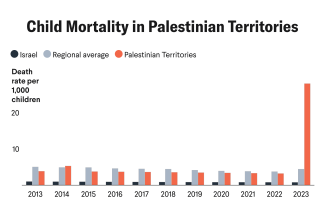Writing for Think Global Health
Think Global Health welcomes contributions about timely subjects that combine compelling writing and cogent analysis, and that promise to improve our readers’ understanding of global health and its evolving role in the world.
Our magazine’s current focus areas are urbanization, climate and the environment, trade, migration, governance, poverty, food policy, aging, migration, and gender.
We typically publish articles between 800-1,200 words in length, and in a language and style accessible and engaging for a general audience.
We are committed to being an inclusive platform, with contributors from historically underrepresented groups, in low- and middle-income countries, and about topics in global health that have been neglected in the past.
How to Pitch to Us
On a weekly basis we review brief pitches (no more than 400 words) that are emailed to [email protected]. Please do not prepare or submit complete drafts before pitching us. If it’s been more than a week since you submitted, please feel free to follow up.
Your pitch should indicate:
- why your subject is timely and important
- what evidence you will bring to bear on the topic
- who you are and why you are the appropriate author
- how your perspective is unique, and relevant to the public and policymakers
- any potential conflicts of interest including those arising from the authors’ funding or employment
Think Global Health is editorially independent, and all editorial decisions rest solely with the editors. We thoroughly edit submissions to this site for clarity of language and conformity to our style, but otherwise contributed articles are the sole work of their authors. Contributors assume responsibility for confirming the factual content and originality of their pieces.
In accordance with Council on Foreign Relations’ policy, writers may not use the output from generative AI tools and features as a substitute for your own creativity and work product, nor may you submit unedited or lightly edited generative AI content as your own work product. While you can use generative AI to conduct research, you are ultimately responsible for the accuracy of your work.







